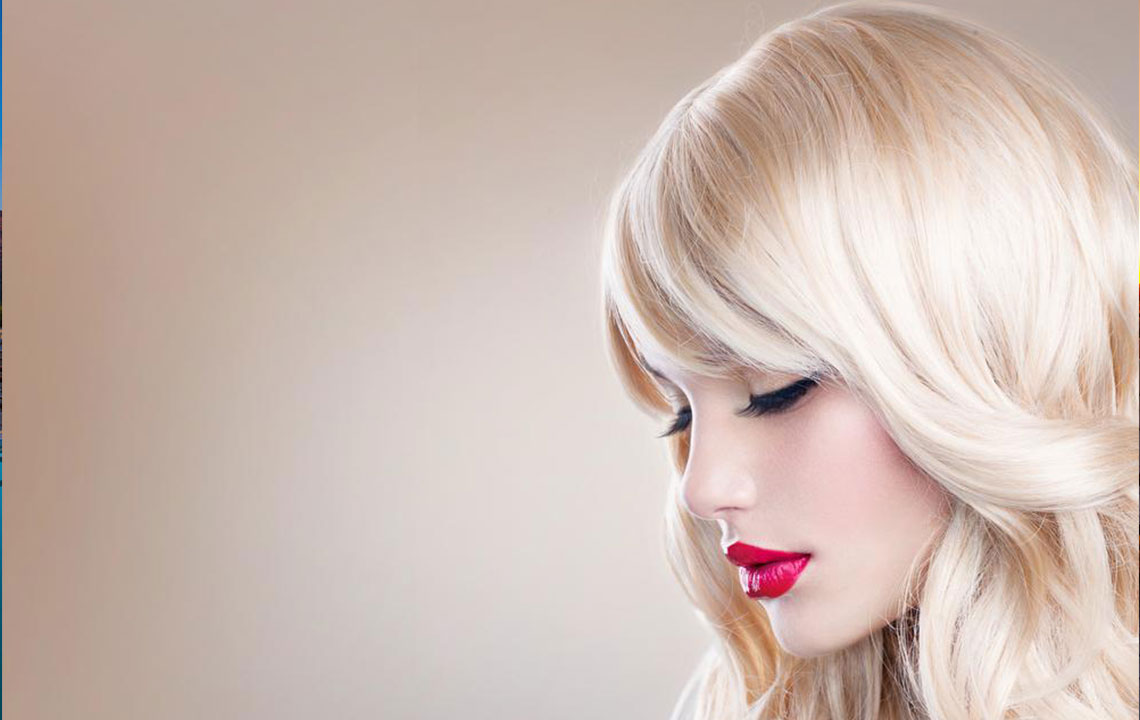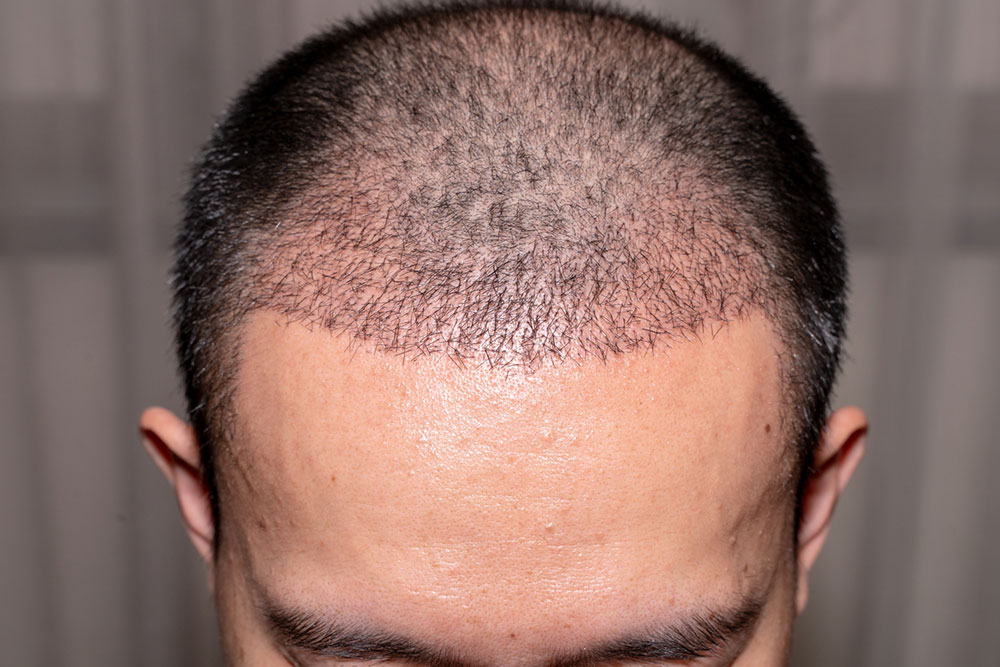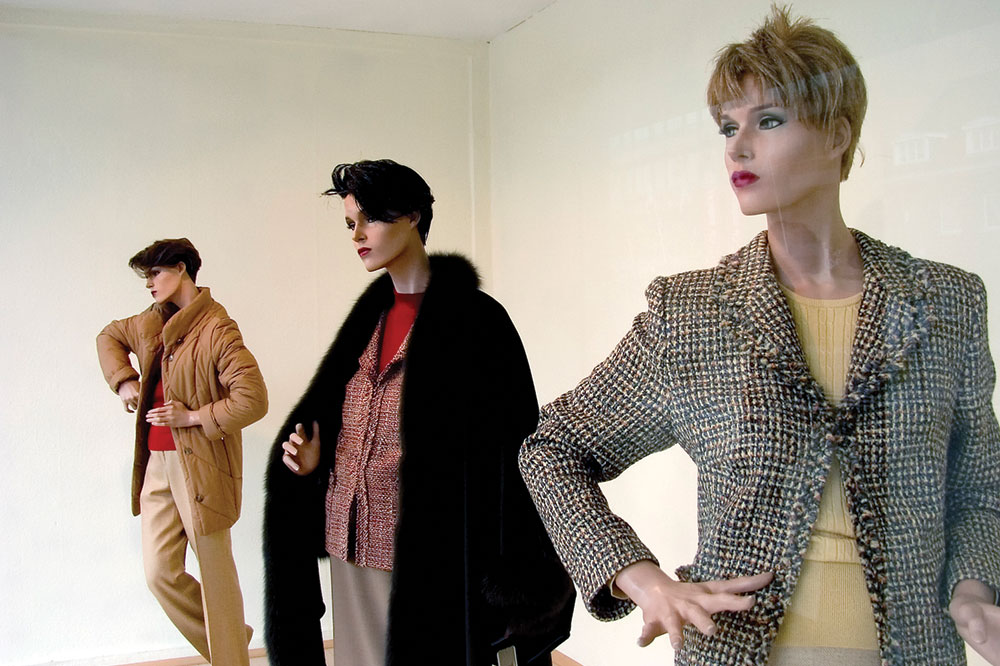3 useful tips to buy hair wigs
The benefits of wearing a hair wig are one too many: the morning routine becomes simpler and a lot is saved in terms of hairstyling products, hair maintenance products, and salon visits. Plus, there is no possibility of having a bad hair day. Whether there is a need to buy a hair wig just for style purposes or for medical reasons, there are a few guidelines to follow to find the perfect fit.

Measure the head size
A lot of manufacturers make hair wigs in three basic size categories: petite, average, and large. Measure the head size using a tape measure. Ask someone to help out with the measuring. While measuring, ensure that the tape is snug around the head but not too tight. The best way to measure the head size is by starting from the forehead, tracing around the hairline, and going behind the ear. Then, turn the tape around the nape of the neck and behind the other ear, meeting the starting point of the measuring tape in the front of the head. Some manufacturers make wigs with adjustable straps. If the wig does not fit properly even after accurate measurements, try out the ones with adjustable straps.
Pick the hair type
When it comes to the type of hair for wigs, there are three categories—human hair, synthetic hair, and heat-friendly synthetic hair. The look and feel of wearing human hair wigs is similar to natural hair. These wigs require maintenance and styling just as natural hair would need. Moreover, human hair wigs are the most expensive among all wigs. However, they last the longest (more than a year). Synthetic wigs require less maintenance. However, they last for only 4-6 months. Also, when wearing them, it is recommended to keep away from heat sources such as microwave oven, barbecue, curling iron, hair dryer, and flat iron. A heat-friendly synthetic wig allows the use of heated styling tools, but these wigs last for only about 3 months.
Choose the cap type
There are four types of caps: classic, hand-tied, lace front, and monofilament. Classic wigs are generally capless with teased fibers at the roots of the hair. This makes the wig stationary and gives less scope for styling. Monofilament wigs give a more realistic look since each hair is placed individually on a mesh cap, which is transparent. However, these are more expensive than classic wigs. Hand-tied caps are monofilament caps sewn to a lace fabric. Lace front wigs have hair strands tied individually to a very fine lace that goes around the hairline.




